A Black Fungus Epidemic Is Sweeping Across India And Infecting Recovering COVID Patients
An epidemic of black fungus is sweeping through India, with more than 9,000 cases reported and cases still rising in patients who have recovered or are recovering from COVID-19.
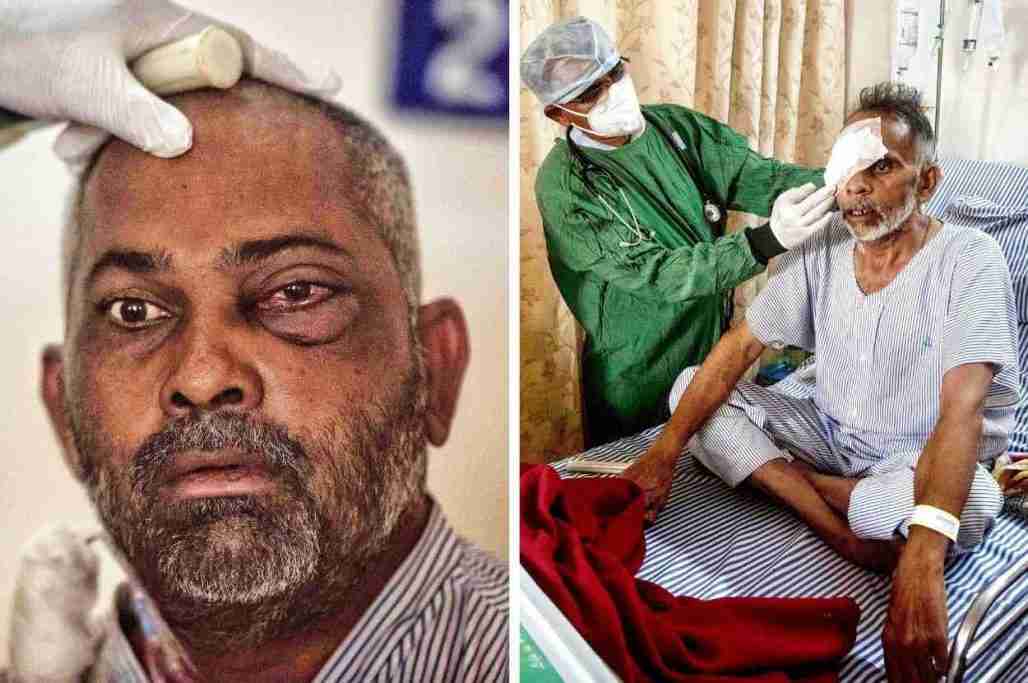
An epidemic of black fungus is sweeping through India, with more than 9,000 cases reported and cases still rising in patients who have recovered or are recovering from COVID-19.
The country is already experiencing a deadly second wave of COVID-19, having reported more than 26 million cases and more than 300,000 deaths since the pandemic began.
The fungal disease, called mucormycosis, is rare but serious, with a fatality rate of 54%, according to the US Centers for Disease Control and Prevention.
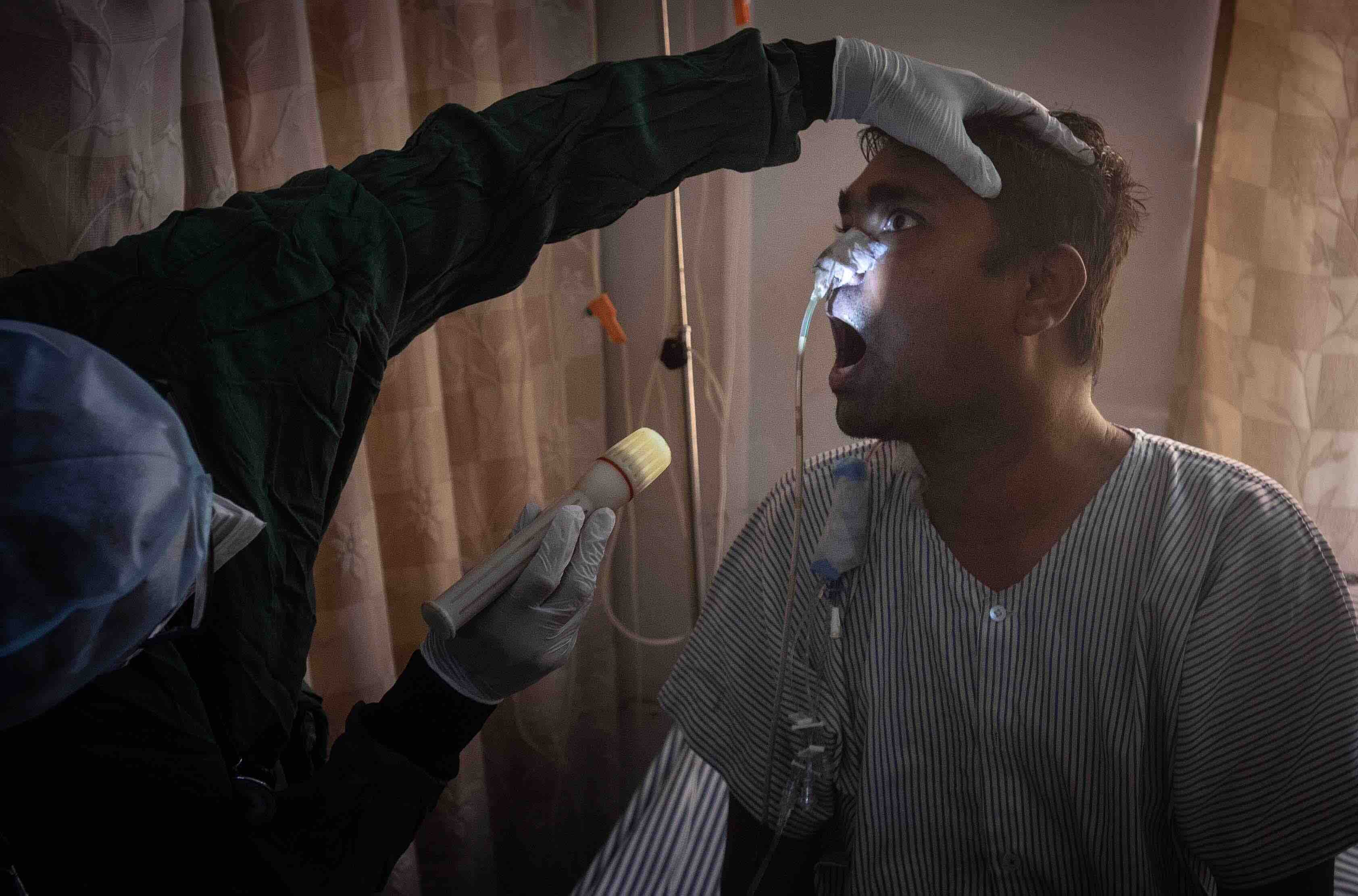
It is caused by exposure to mucor mold, which is commonly found in soil, air and in the nose and mucus of humans.
It affects patients from the nose, spreading through the respiratory tract to the brain. Doctors sometimes have to surgically remove dead and infected tissues, including the eye, to stop the infection from reaching the brain.
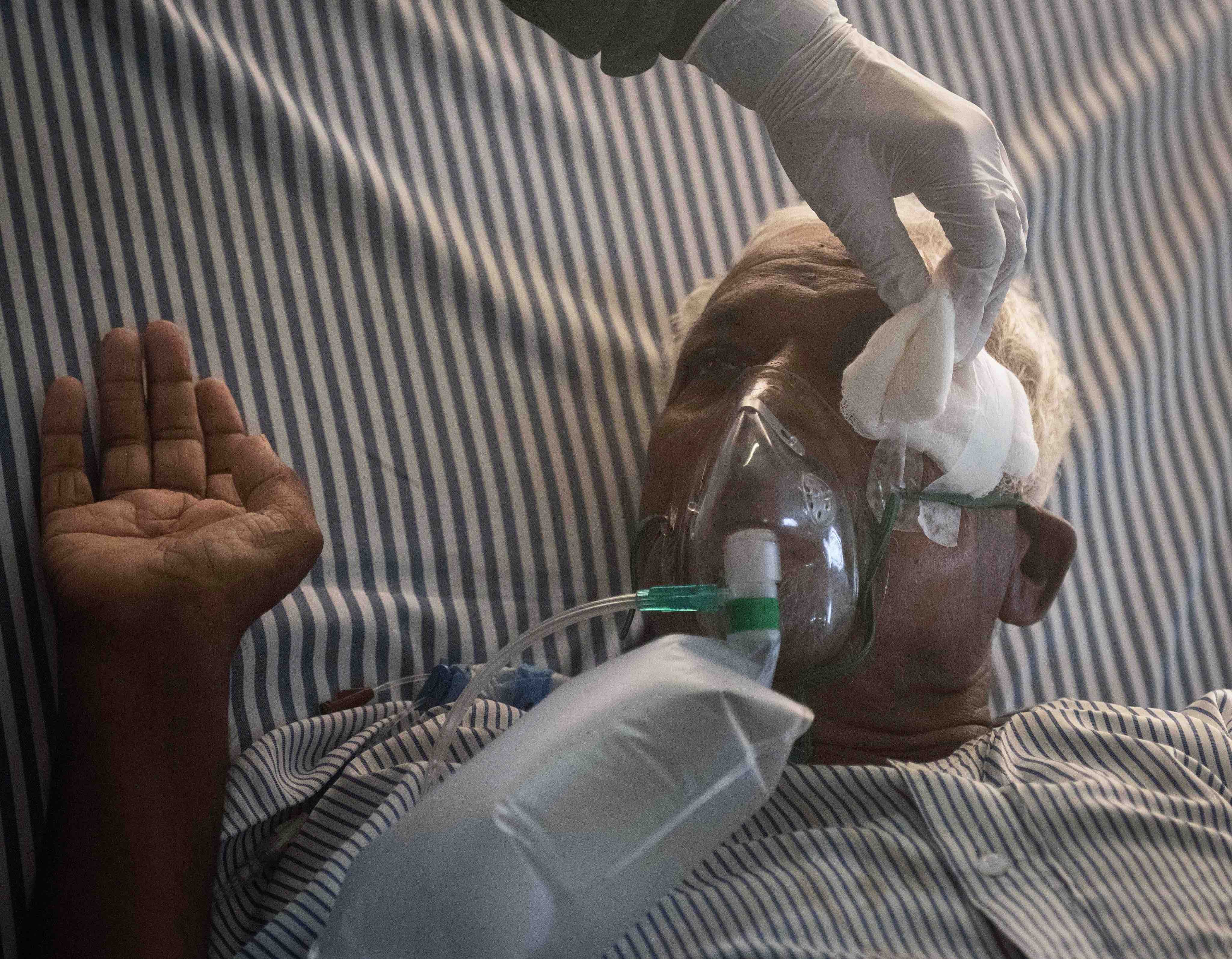
The disease mostly affects people who have health problems, including COVID-19, or who take medicine that can lower the immune system’s ability to fight infection, according to Healthline.
Doctors say there may be a link between the disease and the steroids used to treat COVID, and diabetics are particularly at risk.
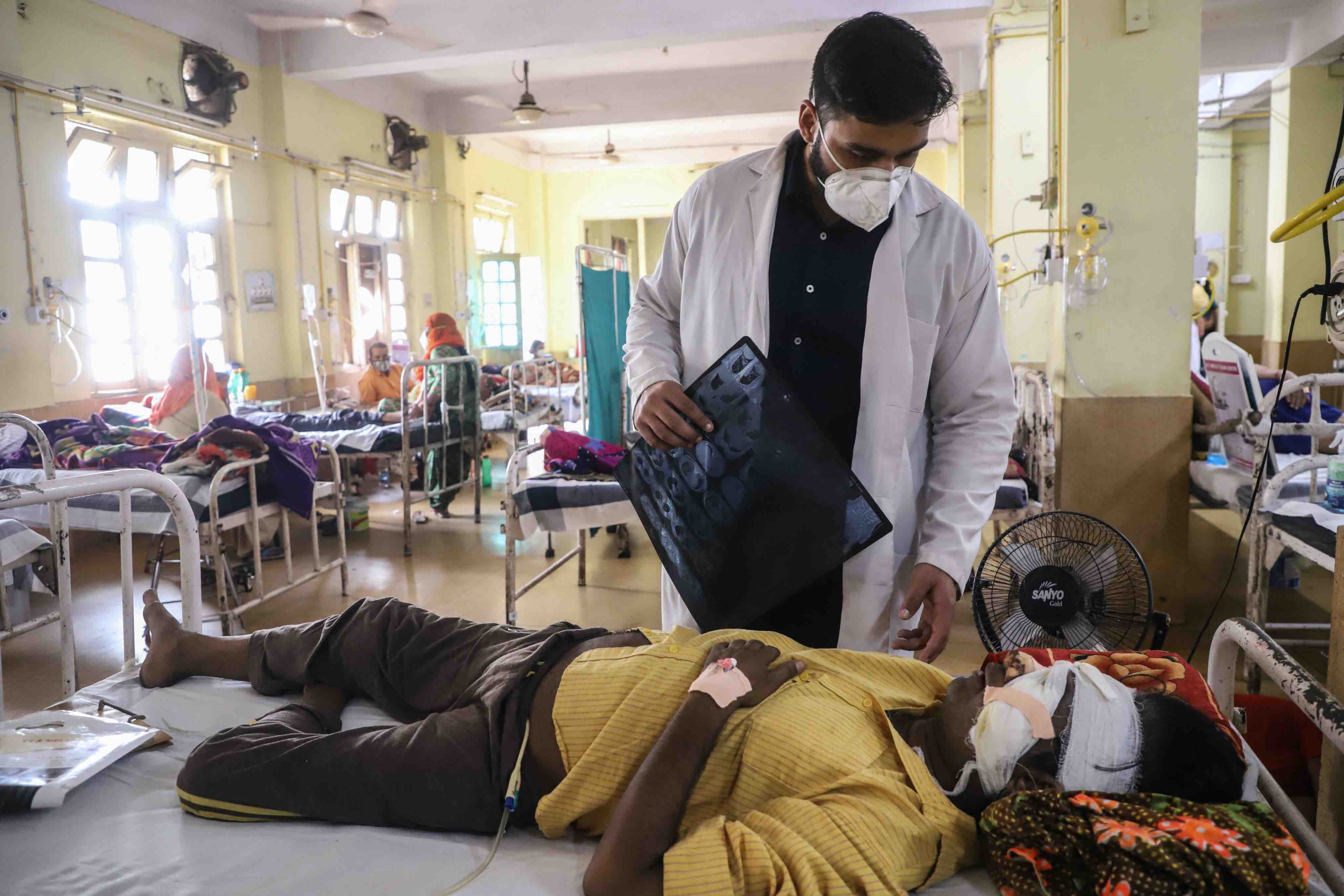
The surge in black fungus cases has led to a shortage of the medication required to treat it and has made it even more challenging than the second wave of COVID pandemic, doctors told the BBC.
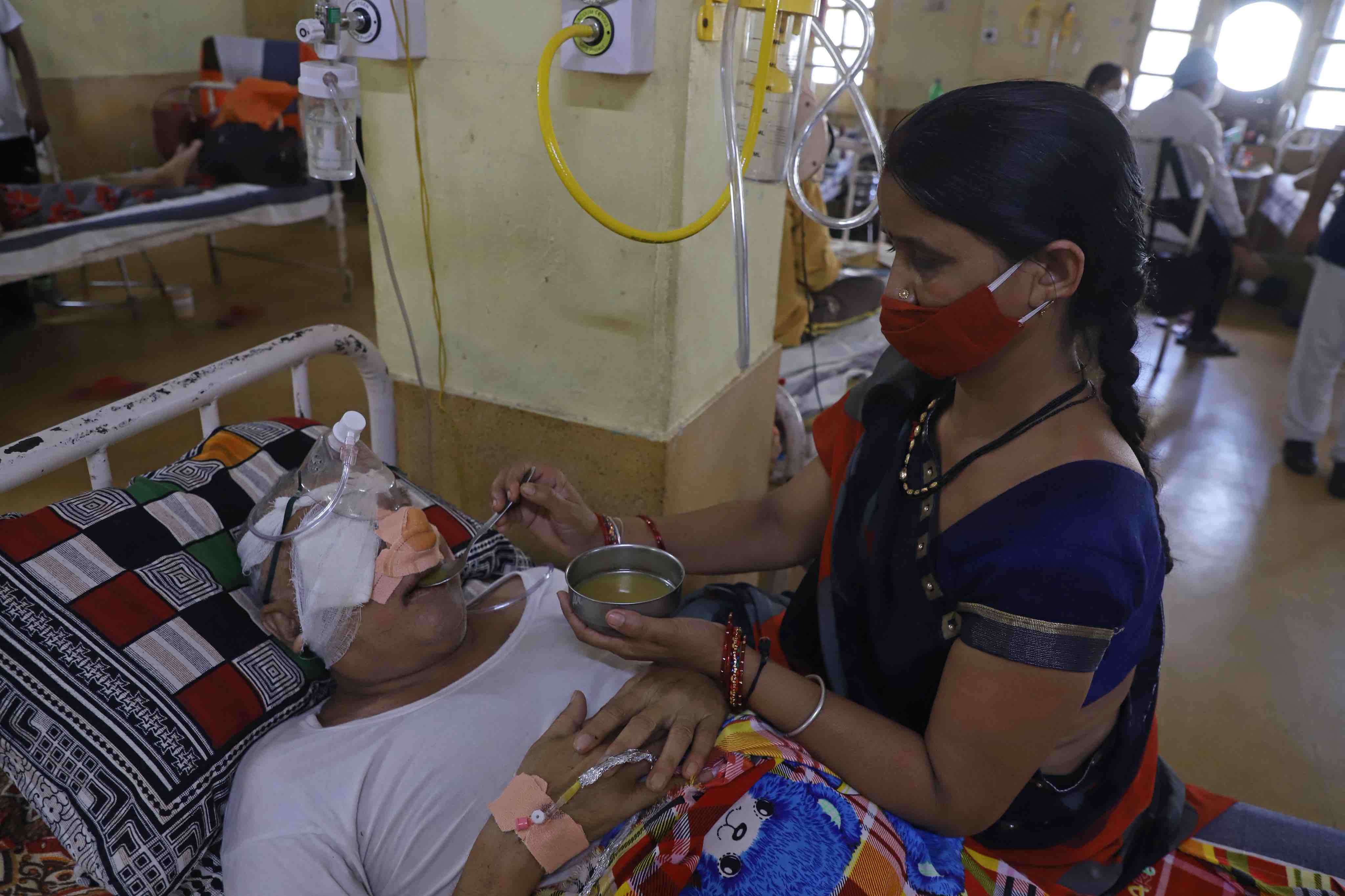
“If patients are not treated in time and properly, then the mortality rate can go up to 94%. The cost of treatment is expensive, and the drugs are in short supply,” the head of an Indian hospital that received 185 black fungus patients told the BBC.

On Thursday May 20, the country’s health ministry asked states to declare the disease an epidemic, track its spread and declare cases to a federal surveillance network.




